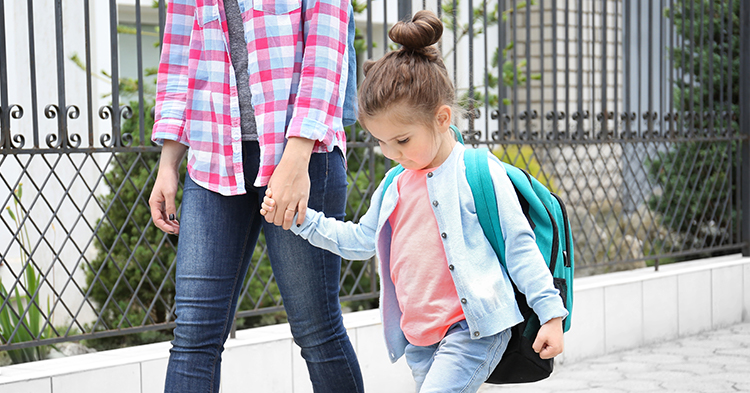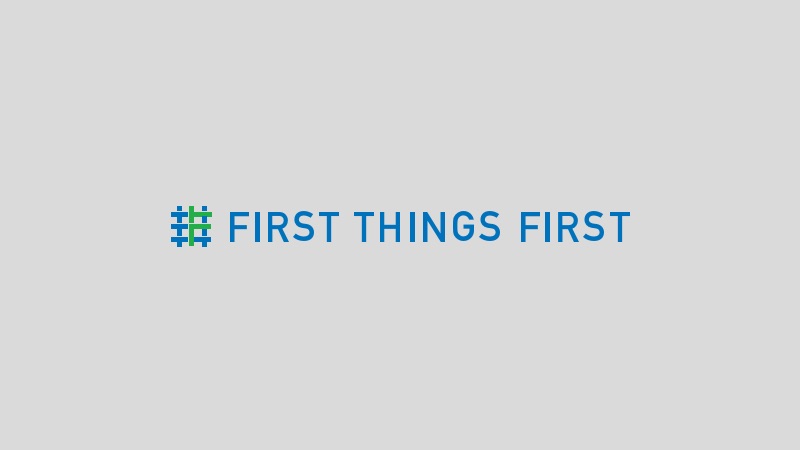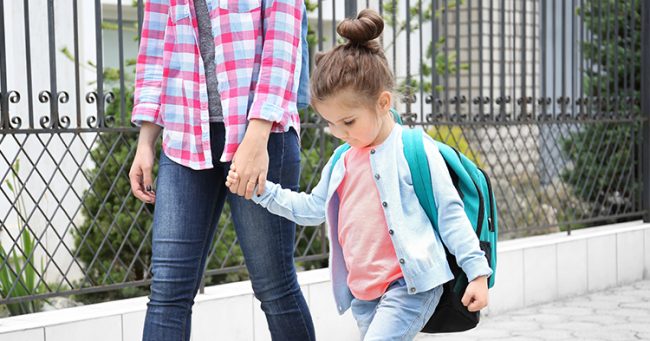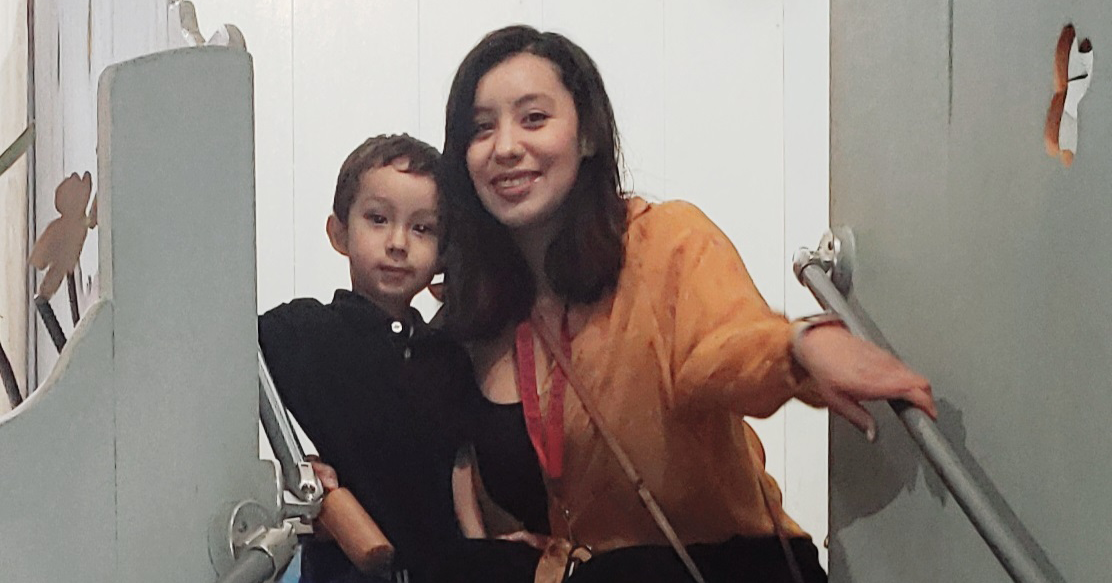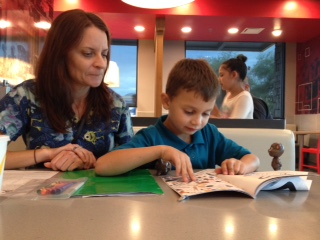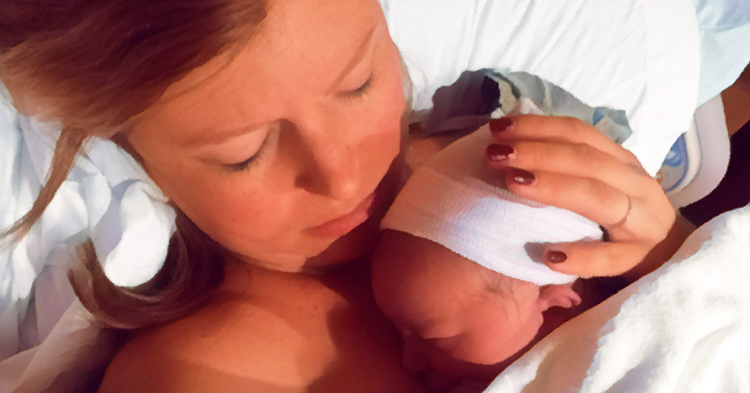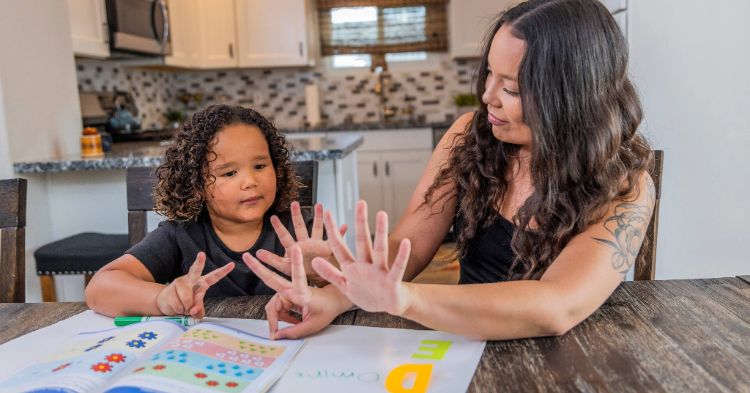
Starting kindergarten is a big milestone for both kids and parents. It’s the beginning of their formal education journey, filled with learning, friendships and new experiences. To make the transition smooth and as stress-free as possible, there are some steps you can take to prepare your child—and yourself—for this exciting time.
About One Year Before Kindergarten
Start Exploring Schools
Public, charter and private schools often hold open houses or provide tours in the fall. Be sure to see what resources are available if your child requires special accommodations in or outside of the classroom. Check enrollment deadlines early, as they can vary by district.
Check the School’s Age Requirements
In Arizona, most schools require children to be 5 years old by August 31 or September 1 of the school year. Some districts offer early entry assessments for children who turn 5 later in the year.
6-9 Months Before Kindergarten
Begin the Enrollment Process
Many schools open kindergarten registration in January or February for the upcoming school year. Here’s what you’ll likely need:
- Proof of residence: State ID with current address, utility bill, lease agreement or similar document.
- Vital records: Your child’s birth certificate.
- Immunization records: Arizona law requires children to have certain vaccinations before starting kindergarten. Learn more about Arizona’s immunization requirements.
“Gathering documents early made registering my daughter for kindergarten much easier. At her annual pediatrician appointment, we asked for her immunization records. We also needed to order her birth certificate, which took a few weeks to arrive by mail, so planning ahead really saved us!”
– Haley, a mom in Phoenix
Consider Developmental Readiness
Look at how your child is progressing in areas like independence, self-control and early academic skills. Kindergarten teachers say readiness includes things like listening, following simple directions and potty training. If your child is still taking naps, it will be best to start weaning them off, as not all schools offer a period for nap time.
3-6 Months Before Kindergarten
Practice Routines
Kindergarten introduces structure like schedules and classroom rules. Help your child prepare by practicing routines at home, such as:
- Getting dressed in the morning.
- Packing a backpack.
- Bathroom skills (e.g., going potty by themselves and washing their hands).
Work on Skills Together
Simple activities can build confidence! Practice skills like…
- Writing their name.
- Counting to five (or higher, if they’re ready).
- Reading books together (to boost vocabulary and early literacy).
- Sitting and listening for short periods.
- Taking turns.
1-2 Months Before Kindergarten
Visit the School
Many schools host orientation events where kids can meet their teacher(s) and see their classroom. This helps ease anxiety about the first day.
Prepare Supplies
Check the school’s supply list for items like crayons, pencils and folders. If you can, allow your child to pick out a fun school supply, like a backpack or lunchbox, to help get them excited.
The Final Weeks
Review Safety and Social Skills
Talk about being a good friend, sharing and taking turns. Practice sneezing into their elbow and washing hands, which are especially important in group settings.
Get on Schedule
Start adjusting bedtime and wake-up times to match the school routine. This will help your child feel rested and ready for the big day.
Do a Practice Run
Treat a day like a school morning. Run the morning routine so your child is familiar with the process and the route to school. Bonus: Take them out for a small treat afterward. This promotes good feelings about going to school.
“It was important for my child to fully understand the routine and process of school drop off and pick up as she deals with separation anxiety. We reassured her of where we would be after school to build trust and a smooth transition to Kindergarten.”
– Mitchell, a dad in Scottsdale
A Strong Start for a Bright Future
Kindergarten is more than just an academic step. It’s a chance for kids to develop social skills, independence and a love for learning. With a little preparation, your child can walk into their classroom with confidence and a big smile! For more resources on kindergarten readiness, including activities to try at home, visit First Things First’s Kindergarten Readiness page.


